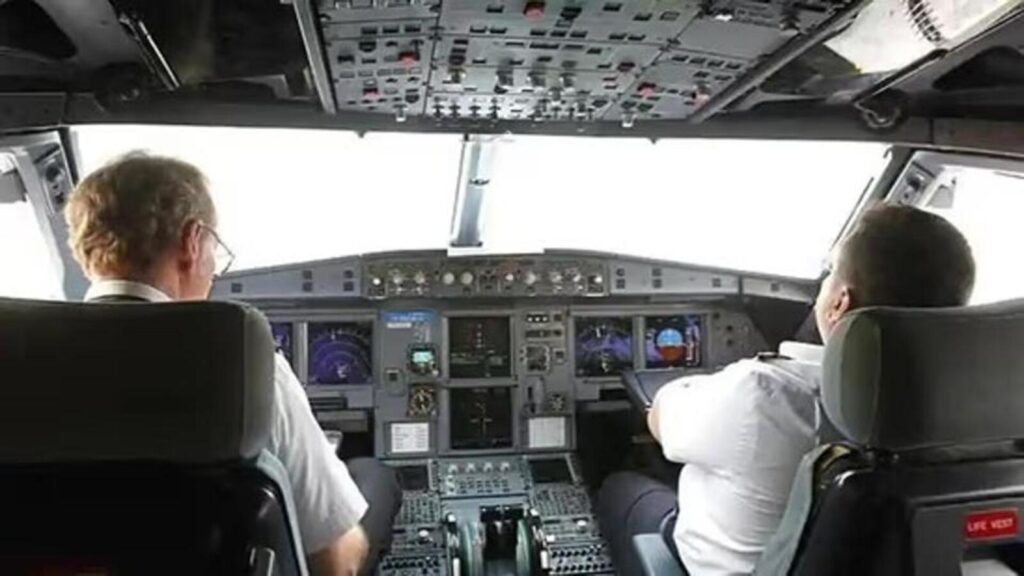Now Reading: Why Solo Travel is Eye-Opening
-
01
Why Solo Travel is Eye-Opening
Why Solo Travel is Eye-Opening

Traveling alone is a unique experience that challenges comfort zones and broadens perspectives. For people from Tier-2 cities, where group travel is often the norm, venturing solo can feel intimidating but ultimately transformative. Solo travel teaches independence, self-reliance, and the ability to navigate unfamiliar environments, offering lessons that are hard to gain in familiar company. It is not just about seeing new places—it is about discovering oneself.
One of the main benefits of traveling alone is freedom. Decisions about where to go, what to eat, and how long to stay are entirely in your hands. This autonomy builds confidence and forces you to trust your own judgment in ways group travel seldom allows.
Solo travel also enhances social skills. Being alone encourages interaction with locals and fellow travelers. Conversations that might not happen in a group setting open doors to new cultures, ideas, and perspectives, creating deeper understanding and empathy.
Planning and problem-solving skills grow significantly during solo trips. From booking accommodations to navigating transport or handling unexpected challenges, travelers learn to adapt quickly. These experiences cultivate patience and resilience, qualities that remain valuable long after the trip ends.
Additionally, solo travel provides space for reflection. Without the constant distraction of companions, travelers often gain clarity about their priorities, dreams, and fears. For young people in smaller cities, this introspection can guide career choices, relationships, and personal goals.
While solo travel requires courage, the rewards are immense. It pushes boundaries, fosters self-discovery, and opens the eyes to the richness of the world. For anyone willing to step out alone, the journey becomes not just a trip but a transformative life lesson.

























